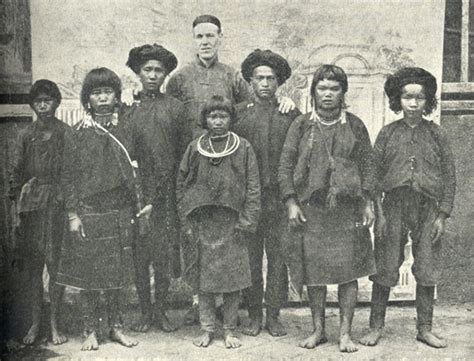A Quote by Marcus Tullius Cicero
As I give thought to the matter, I find four causes for the apparent misery of old age; first, it withdraws us from active accomplishments; second, it renders the body less powerful; third, it deprives us of almost all forms of enjoyment; fourth, it stands not far from death.
Related Quotes
Death is not an evil, because it frees us from all evils, and while it takes away good things, it takes away also the desire for them. Old age is the supreme evil, because it deprives us of all pleasures, leaving us only the appetite for them, and it brings with it all sufferings. Nevertheless, we fear death, and we desire old age.
Upon the first goblet he read this inscription, monkey wine; upon the second, lion wine; upon the third, sheep wine; upon the fourth, swine wine. These four inscriptions expressed the four descending degrees of drunkenness: the first, that which enlivens; the second, that which irritates; the third, that which stupefies; finally the last, that which brutalizes.
These illustrations suggest four general maxims[...]. The first is: remember that your motives are not always as altruistic as they seem to yourself. The second is: don't over-estimate your own merits. The third is: don't expect others to take as much interest in you as you do yourself. And the fourth is: don't imagine that most people give enough thought to you to have any special desire to persecute you.
There are hundreds of thousands of microbes surrounding us, but they cannot harm us unless we become weak, until the body is ready and predisposed to receive them. There may be a million microbes of misery floating about us. Never mind! They dare not approach us, they have no power to get a hold on us, until the mind is weakened. This is the great fact: strength is life. Weakness is death. Strength is felicity, life eternal, immortal. Weakness is constant strain and misery: weakness is death
In the first stage of insight-building, all that researchers can do is observe phenomena. Second, they classify the phenomena in a way that helps them simplify the apparent complexities of the world so they can ignore the meaningless differences and draw connections between the things that really seem to matter. Third, based on the classification system, they propose a theory. The theory is a statement of what causes what and why, and under what circumstances.
And what, you ask, does writing teach us? First and foremost, it reminds us that we are alive and that it is gift and a privilege, not a right. We must earn life once it has been awarded us. Life asks for rewards back because it has favored us with animation. So while our art cannot, as we wish it could, save us from wars, privation, envy, greed, old age, or death, it can revitalize us amidst it all.
Truth, in its struggles for recognition, passes through four distinct stages. First, we say it is damnable, dangerous, disorderly, and will surely disrupt society. Second, we declare it is heretical, infidelic and contrary to the Bible. Third, we say it is really a matter of no importance either one way or the other. Fourth, we aver that we have always upheld it and believed it.
Nothing raises the price of a blessing like its removal; whereas it was its continuance which should have taught us its value. There are three requisitions to the proper enjoyment of earthly blessings,--a thankful reflection on the goodness of the Giver, a deep sense of our unworthiness, a recollection of the uncertainty of long possessing them. The first would make us grateful; the second, humble; and the third, moderate.
Life is short and tedious, and is wholly spent in wishing; we trust to find rest and enjoyment at some future time, often at an age when our best blessings, youth and health, have already left us. When at last I that time has arrived, it surprises us in the midst of fresh desires; we have got no farther when we are attacked by a fever which kills us; if we had been cured, it would only have been to give us more time for other desires.









































